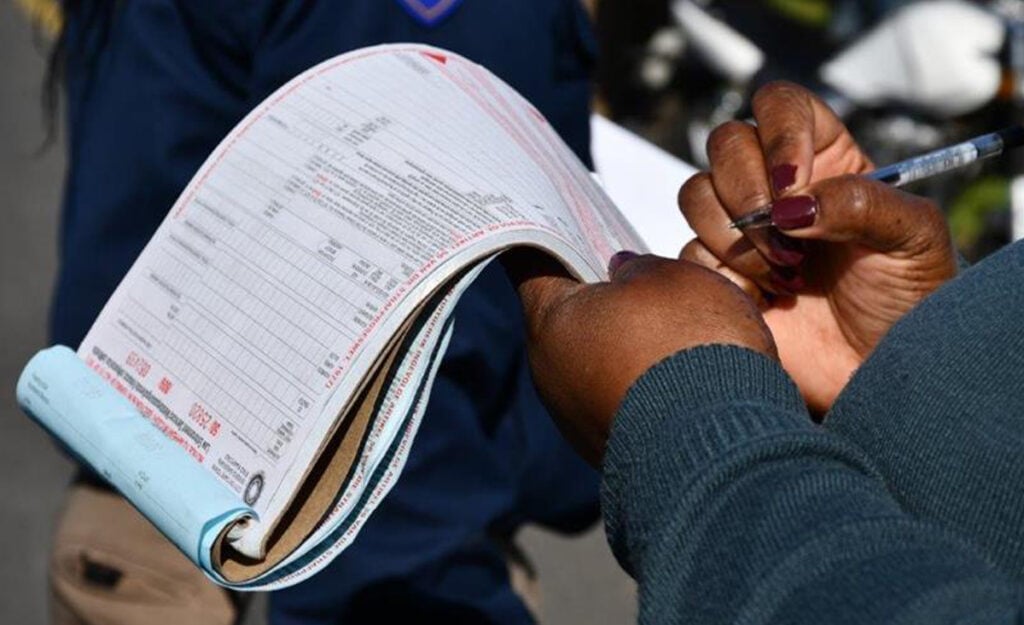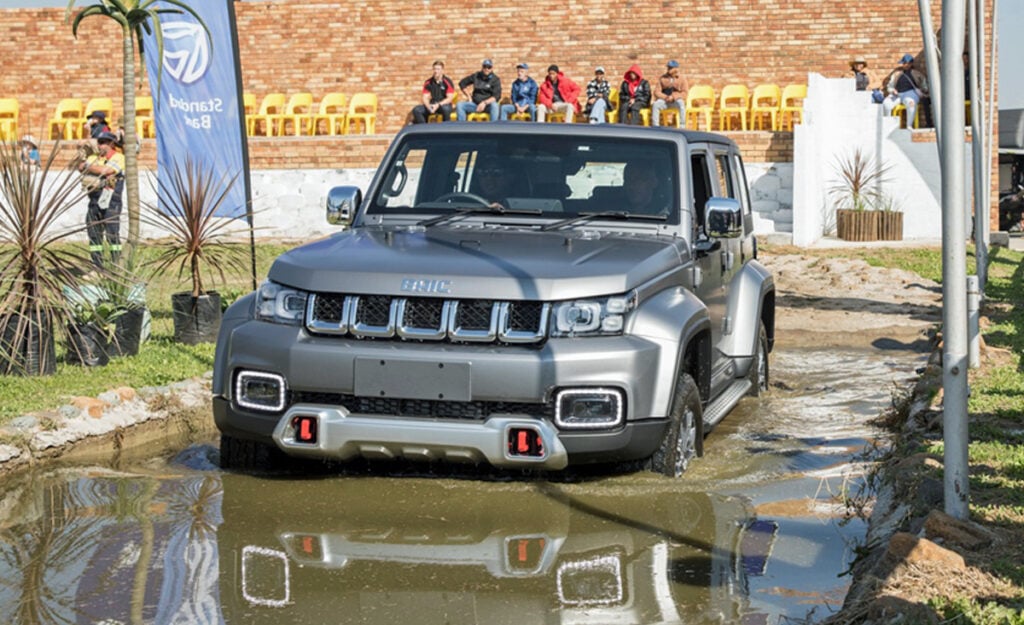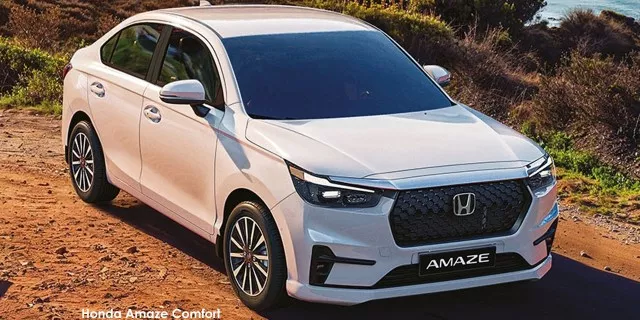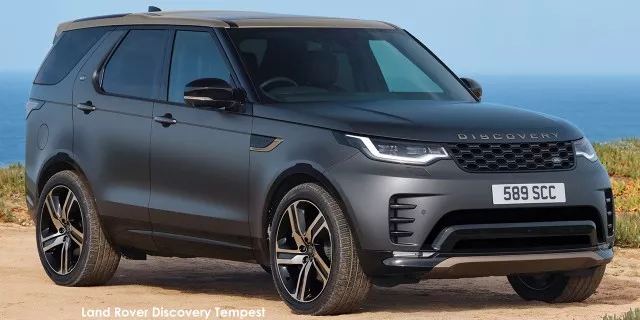How much it costs to repair 1km of road in South Africa

It costs anywhere between R27 million and R212 million to repair a mere one kilometre of road in South Africa, depending on the severity of its condition.
The South African National Roads Agency (Sanral) recently announced that it has R50 billion worth of projects in the pipeline comprising a host of new developments as well as upgrades to dilapidated infrastructure.
The agency has already awarded 86 contracts to the tune of R15 billion, with another 96 tenders currently under evaluation tallying R35 billion.
The tenders being evaluated are spread across the country as follows:
- 34 tenders in Gauteng, North West, Limpopo, and Mpumalanga – R16.5 billion
- 24 tenders in the Eastern Cape – R3.8 billion
- 14 tenders at Sanral Head Office – R839 million
- 12 tenders in KwaZulu-Natal and the Free State – R11.7 billion
- 12 tenders in the Western Cape and Northern Cape – R2 billion
Sanral CEO Reginald Demana notes that the sheer scale of these projects and the fact that they are steadily moving ahead without any major delays indicates improved stability at an operational level for the roads agency.
Demana recently conducted inspections of the flagship developments, which include the R20-billion N2 Wild Coast Road Project and the R50-billion N2/N3 upgrades, and was satisfied with the progress.
“Sanral’s objective is not only to ensure that we maintain the existing national road network and to build new road infrastructure to facilitate economic growth, but to use the State’s spending power to see even more impact; this not only in terms of improved infrastructure but also economic opportunities that transform the economy and change people’s lives,” said Demana.
“Sanral has numerous multi-billion-rand projects underway across the country which ensure that the construction industry is thriving, creating jobs and new opportunities for small, medium, and micro enterprises.”
A pretty penny for repairs
When repairing and upgrading a road it’s not as straightforward as simply sending over a team of workers to cut out the old tarmac and lay down the new, it’s an intricate process that starts long before the contractor arrives on site.
Sanral first has to send out engineers to assess the condition of the route to identify the cause of the damages and the applicable method of repairs, which must also take into account traffic disruption and environmental impact.
It then enters the planning and design phase where the total budget, timeline, and rehabilitation process are determined according to the findings of the assessment.
The next step sees a tender advertised for the job which, depending on the scale, can take several months.
Once the preferred contractor is appointed they will be given access to the site to carry out the remedial work. For severely damaged roads, this can include the complete rebuilding of the base and sub-base layers and the application of new surface material.
The area around the road must also be taken into account as proper drainage systems must be put in place to avoid unnecessary water damage to the tarmac surface, and where necessary, embankments or retaining walls may be built or repaired to prevent landslides and erosion.
Oftentimes a plan is also developed to monitor and maintain the road to prevent future deterioration. This can include regular inspections, small repairs, and surface treatments.
The finishing touches include the repainting of road markings and installing of road signs before the final inspection and handover.
All these steps are affected by outside factors such as the available budget, the popularity of the route, weather, and corruption and mismanagement.
Demana provided a breakdown of the main road repairs and upgrades currently being undertaken by Sanral, along with their budgets.
We thought it intriguing to find out how much this intricate process of road repairs costs, on average, for just 1km of road:
| Project | Budget | Distance | Budget per km |
|---|---|---|---|
| N1, Old Oak to Koelenhof | R3 billion | 14.1km | R212.7 million |
| N7 upgrade | R3.5 billion | 40km | R87.5 million |
| R52 upgrade | R1.3 billion | 38.7km | R33.6 million |
| R56 Matatiele | R1.2 billion | 39km | R30.8 million |
| N2 KwaBhaca to Ngcweleni River | R1.2 billion | 39.4km | R30.5 million |
| R573 Moloto Road | R3.7 billion | 137km | R27 million |








